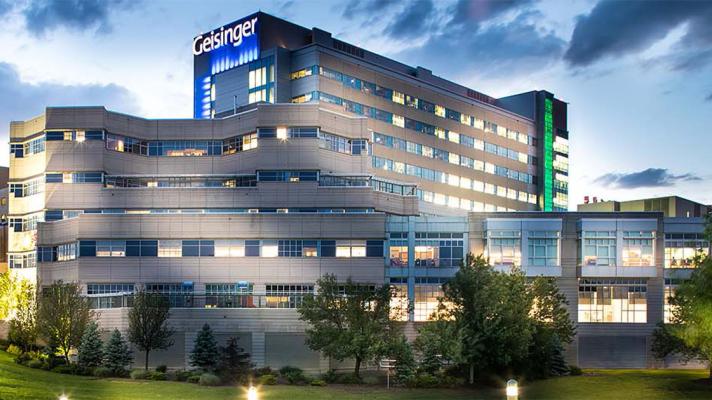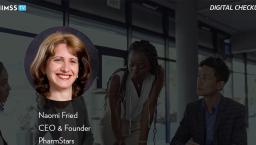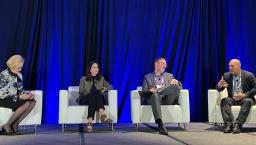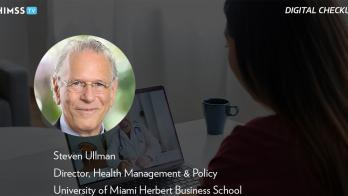Cleveland Clinic makes quantum computing available to startups

Photo: geralt/Pixabay
With a new accelerator program offered by Cleveland Clinic, early- and growth-stage healthcare innovation companies could gain access to the massively powerful data and analytics insights promised by its new quantum computer, billed as the first such machine dedicated to healthcare research.
Through the Clinic Quantum Innovation Catalyzer Program, these startups will also be able to collaborate with Cleveland Clinic researchers and investigators, and participate in the Quantum Working Group on Healthcare and Life Sciences established with IBM Quantum.
WHY IT MATTERS
Cleveland Clinic launched the program to foster collaboration with the Cleveland Clinic-IBM Discovery Accelerator, which is the Cleveland Innovation District's technology foundation of biomedical research, according to Friday's announcement.
The State of Ohio, JobsOhio and Cleveland’s healthcare and higher education institutions formed the district to create jobs, accelerate research and educate the future workforce.
"Through the Discovery Accelerator, Cleveland Clinic and our partners at IBM are exploring quantum computing’s vast potential to transform medicine, from drug discovery to digital health and biomarker analysis," said Dr. Lara Jehi, Cleveland Clinic's chief research information officer, in a statement.
The program seeks those building quantum computing algorithms and exploring the utility of quantum computing for computational biomedicine in order "to address some of healthcare’s most intractable problems," according to Cleveland Clinic's Office of Research Development in the competition program description.
In addition to access to Cleveland Clinic's IBM quantum computer and opportunities to discuss research ideas and projects with clinicians and investigators, selected start-ups can take advantage of technical seminars, healthcare programs and quantum education.
At the end of the program, Cleveland Clinic said it would host a demo day spotlighting the cohort of startups to a curated audience of investors and clinical, corporate and ecosystem partners.
Proposal submissions are due by January 15, 2024, and teams will be selected by March 15.
THE LARGER TREND
In March, Cleveland Clinic and IBM announced the first quantum computer dedicated to healthcare research. Cleveland Clinic plans to use System One's computing power to speed biomedical discoveries across an array of clinical and pharmaceutical needs as part of its 10-year agreement with IBM.
Near-term prospects for quantum computing in healthcare and medicine include genomic sequence analysis, virtual screening in drug discovery, medical-image classification, disease-risk prediction and adaptive radiotherapy, according to Frederik Flöther, lead quantum and deputy CEO at QuantumBasel, uptownBasel Infinity Corp.
He told Healthcare IT News in April that health system IT leaders should also be exploring quantum-safe solutions for data security.
"It is imperative that organizations, particularly those dealing with sensitive data that need to be kept secure for a long time (as is common in the medical space), start developing roadmaps for the transition to quantum-safe cryptographic standards."
ON THE RECORD
"We look forward to welcoming the first class of start-ups to our new Cleveland Clinic Quantum Innovation Catalyzer Program and helping them to leverage quantum to make breakthroughs in healthcare as we grow an ecosystem of advanced computation for healthcare and life sciences," Jehi said in the announcement.
Andrea Fox is senior editor of Healthcare IT News.
Email: afox@himss.org
Healthcare IT News is a HIMSS Media publication.
























